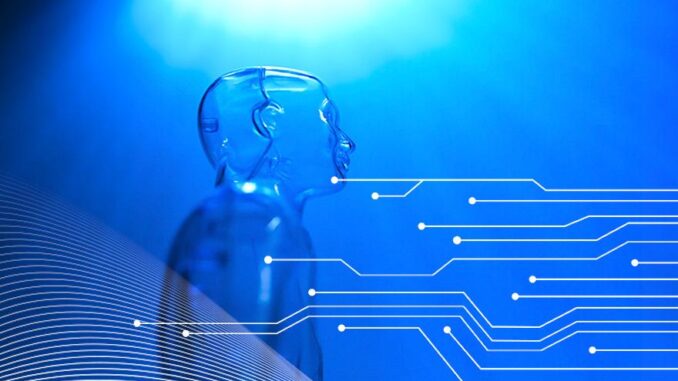
Artificial Intelligence (AI) has a wide range of applications across various fields and industries, showcasing its versatility and transformative potential. Here are some key areas where AI is being applied:
1. **Healthcare**:- **Diagnostics**: AI algorithms analyze medical images (e.g., X-rays, MRIs) to assist in diagnosing diseases like cancer.








– **Predictive Analytics**: AI models predict patient outcomes based on historical data, helping in early intervention.
– **Personalized Medicine**: AI tailors treatment plans based on individual genetic profiles.
2. **Finance**:
– **Fraud Detection**: AI systems monitor transactions to identify patterns indicative of fraud.
– **Algorithmic Trading**: AI analyzes market data in real-time to make trading decisions.
– **Risk Management**: AI evaluates risk factors in lending and investments based on large datasets.
3. **Retail**:
– **Personalized Shopping Experiences**: AI recommends products to customers based on their browsing and purchase history.
– **Inventory Management**: AI optimizes stock levels and predicts demand to reduce waste.
– **Chatbots and Customer Service**: AI-powered chatbots provide 24/7 customer support, enhancing the shopping experience.
4. **Transportation**:
– **Autonomous Vehicles**: AI enables self-driving cars to navigate and make real-time decisions.
– **Traffic Management**: AI analyzes traffic patterns to optimize traffic signals and reduce congestion.
– **Route Optimization**: AI systems provide efficient route planning for logistics and delivery services.
5. **Manufacturing**:
– **Predictive Maintenance**: AI predicts machinery failures before they occur, reducing downtime.
– **Quality Control**: AI inspects products on assembly lines for defects more accurately than human inspectors.
– **Supply Chain Optimization**: AI analyzes supply chain data to improve efficiency and cost-effectiveness.
6. **Education**:
– **Personalized Learning**: AI tailors educational content to meet the specific needs and learning pace of each student.
– **Administrative Tasks**: AI automates grading and administrative workflows, allowing educators to focus on teaching.
– **Virtual Tutors**: AI-driven platforms provide additional support and resources for students outside the classroom.
7. **Entertainment**:
– **Content Recommendation**: AI algorithms suggest movies, music, and games based on user preferences.
– **Game Development**: AI enhances video games by creating dynamic environments and responsive characters.
– **Content Creation**: AI tools assist in generating written content, music, and even visual art.
8. **Agriculture**:
– **Precision Farming**: AI analyzes data from sensors and drones to optimize crop management and yields.
– **Pest and Disease Detection**: AI models identify and predict the spread of pests and diseases in crops.
– **Resource Management**: AI systems manage water and nutrient application to improve efficiency and sustainability.
9. **Energy**:
– **Smart Grids**: AI enhances energy distribution efficiency by predicting demand and managing renewable energy sources.
– **Energy Consumption Optimization**: AI analyzes consumer usage patterns to suggest energy-saving measures.
– **Predictive Maintenance**: AI monitors energy infrastructure to predict and prevent failures.
10. **Cybersecurity**:
– **Threat Detection**: AI analyzes network behavior to identify and respond to potential security threats.
– **Phishing Prevention**: AI detects and blocks phishing attempts by analyzing email content and sender behavior.
– **Incident Response**: AI assists human operators in responding to security incidents more swiftly.
The diverse applicability of AI continues to grow as technology advances, demonstrating its potential to innovate and improve efficiency across sectors while presenting new challenges related to ethics, data privacy, and employment.

Leave a Reply